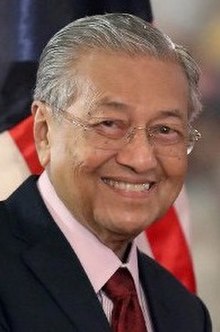April 10, 2019
Long live the Rome Statute! Long live idiocy?
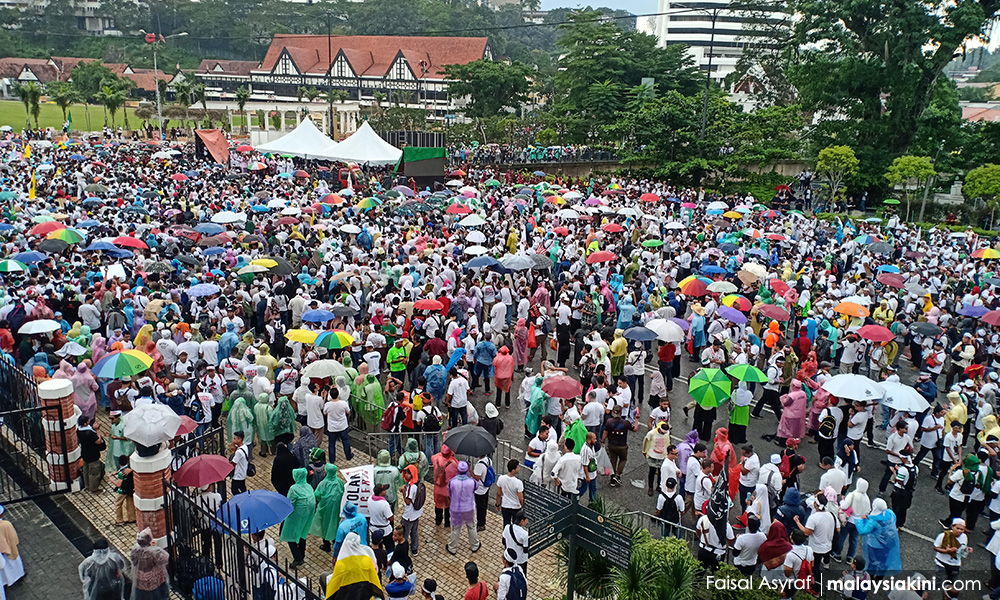
COMMENT | Long live the Rome Statute! Long live Idiocy! What kind of government and society shall we be? From a cashless society we want to be a moral-less society, in a world plagued with genocide and the disease of violent ideologies.
The Pakatan Harapan government’s U-turns on the International Convention on the Elimination of Racism and Discrimination (ICERD) and now the Rome Statute signify our entry in our own Age of Mass Ignorance. If opposing war, genocide, crimes against humanity is opposed, we have a government that needs to be deposed.
Rome Statute as peace document
In Malaysia, will all the rallies against Israeli atrocities, Rohingya massacres, & bombing of churches & mosques be banned? Seems that the more we want to have flying cars and a cashless society, the more we show ignorance on issues of war, aggression, and global morality.
The Rome Statute is about stopping the rise of global fascism. What part of it does this PH government not understand? So shallow is our education system’s curriculum on race relations and global issues this idiocy on Rome Statute needs to be exposed?
From a self-proclaimed Asian tiger roaring in the UN condemning aggression, we have become a country mouse dying of ignorance of crimes against humanity. Most ridiculous arguments on “threatening Malay rights” are used to justify the defence of our ignorance on global issues!
They say ignorance is bliss. In Malaysia, on the Rome Statute issue, ignorance is blessed. Will our diplomats now abstain from voting on global aggressions, in order to respect the rights of kampong warriors? Insane!
In matters of universal human rights and global peace, no race or nation should be stupefied by its own leaders and rulers. What are we teaching our children? That it’s OK to discriminate and to condone war crimes? I thought the “lawmakers” in the PH government are more globally conscious? Are they falling now into a deep state of unconsciousness?
Resist mass idiocy
Committing to the principles of justice vis-a-viz international human rights in regards to the ICERD, the violation of human rights in Malaysia as in the recent missing person cases, and to the Rome Statute, is a no brainer.
The most ridiculous logic we hear is that if you oppose war crimes, enforced disappearances, aggression, and genocide, your power as a national government will be challenged, and that the bangsa, agama, and negara will be in danger.
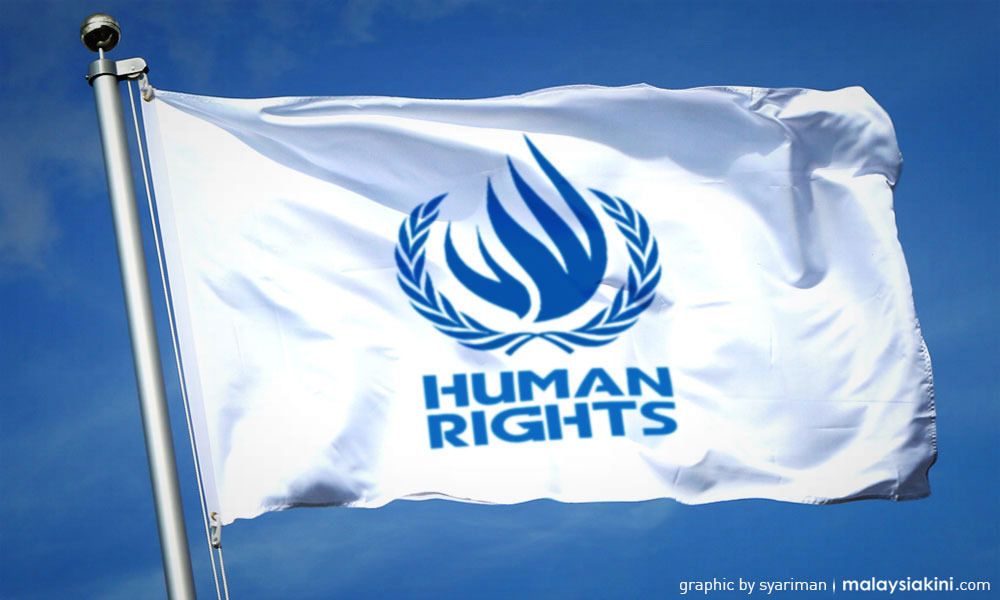
There are principles crafted by the UN that are universal. There are those that are culturally-relative. But not the ICERD nor the Rome Statute. These are human principles that are meant to have us evolve into peaceful global citizens, by condemning mass murder and genocide.
Bebalism or incurable idiocy is what’s governing the new consciousness when it comes to speaking up against human rights injustices. Why is Pakatan Harapan losing the very principles that attracted people to vote for them? Insincerity? Hypocrisy? Idiocy?
As one who has been teaching global issues for years, it will be embarrassing to tell my students how idiotic Malaysia is. O’ Malays, revolt against any attempt by your leaders who attempt to spread ignorance and fear through issues of race and religion.
Hitler mounted ridiculous arguments on race, crafting falsehood to turn it into truth, creating fascism, committing war crimes. Kingdoms that survive on the power of ignorance cannot last long, in an age wherein power and wealth are challenged and eventually get destroyed.
The PH government seems to be surrendering to those wishing to see chaos take root. Did the people vote for cowardice? It has been my argument that education must address issues of polarization, class-based poverty, ecological destruction, and religious extremism.
Utterly shameful and gutless it is for a country claiming to be progressive and a promoter of regional peace, and advocating the global principle of “prosper thy neighbor”. What does opposing genocide, enforced disappearances, aggression, and war got to do with challenging “agama, bangsa, negara?” Are we going mad now?
A few leaders of the Pakatan said that those who criticized the prime minster and the PH government for pulling out of the Rome Statute are cowards who cannot be trusted. How is that logical?
Is the withdrawal due to confusion? Or cowardice? Why allow the tantrum of one man to deny the expression of the people of a nation? It is a basic expression of opposing violence as a global community, aspiring to be cosmopolitan citizens rather than trapped in the prison-nation-state of communalism, post-industrialism, ghetto-ism, and kampong-ism, is it not?
What must we do for the next generation to get out of this intellectual quagmire and the structuring of mass bebalisma?
We must turn to education as the only means for a sustainable personal, social, and cultural progress. Governments, monarchy, and those in power via whatever ideology come and go. But education should set us free.
Not the illusion of knowledge and wisdom. Not the installing of fear. These will not. They will turn the masses into people who continue to support leaders who are now on trial for corruption.
Educate for peace
Students need to be taught how to develop critical thinking and apply those skills in evaluating international systems, environmental issues, and human rights. We need to help them demonstrate the global dimensions of crucial contemporary issues, so that they could develop relational and rational thinking on how to study and think about global problems and relationships of war and conflict and how to address them and find peaceful solutions.
The urgent educational agenda is also to focus on global issues and how human rights, political-economy, ecological destruction, issues of power, wealth, powerlessness are all inter-related contributors to war and peace.
Students need to be taught to recognize the interdependence of the individual and the community in creating the challenges and opportunities in a global society through the examination of sustainability, human rights and peace and conflict. This is necessary so that when they become leaders and rulers, they will not be ridiculous, and not become people with money and power, but with no soul and morals.
Right now, this government is beginning to be a huge mess, unable to stand for the very basic principles of human rights, bowing down to some ridiculous tantrum not worth entertaining. What in the name of global sanity did Malaysians vote for?
AZLY RAHMAN is an educator, academic, international columnist, and author of seven books available here. He holds a doctorate in international education development and Master’s degrees in six areas: education, international affairs, peace studies communication, fiction and non-fiction writing. He is a member of the Kappa Delta Pi International Honour Society in Education. Twitter @azlyrahman. More writings here.
The views expressed here are those of the author/contributor and do not necessarily represent the views of Malaysiakini.



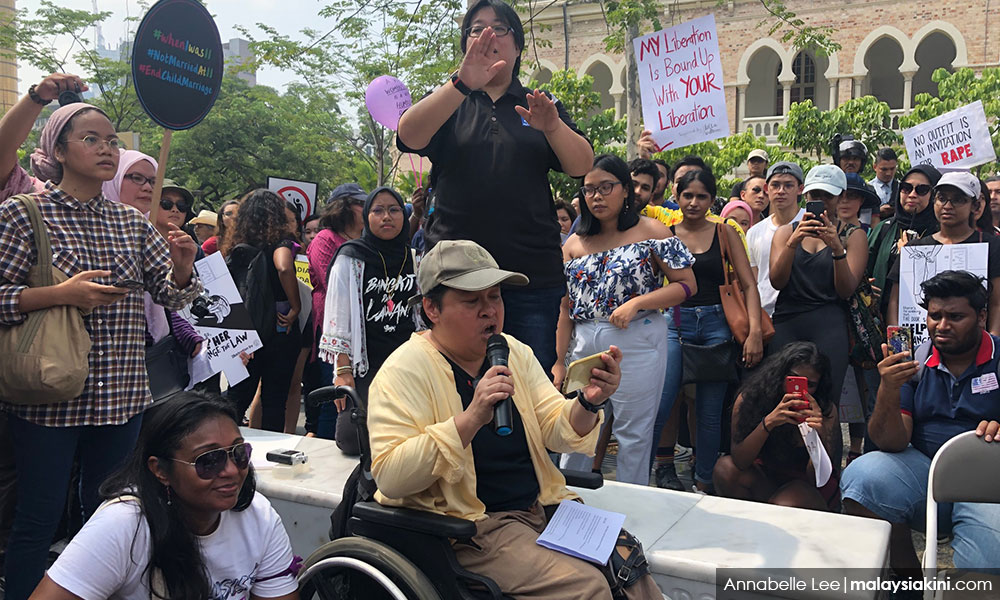
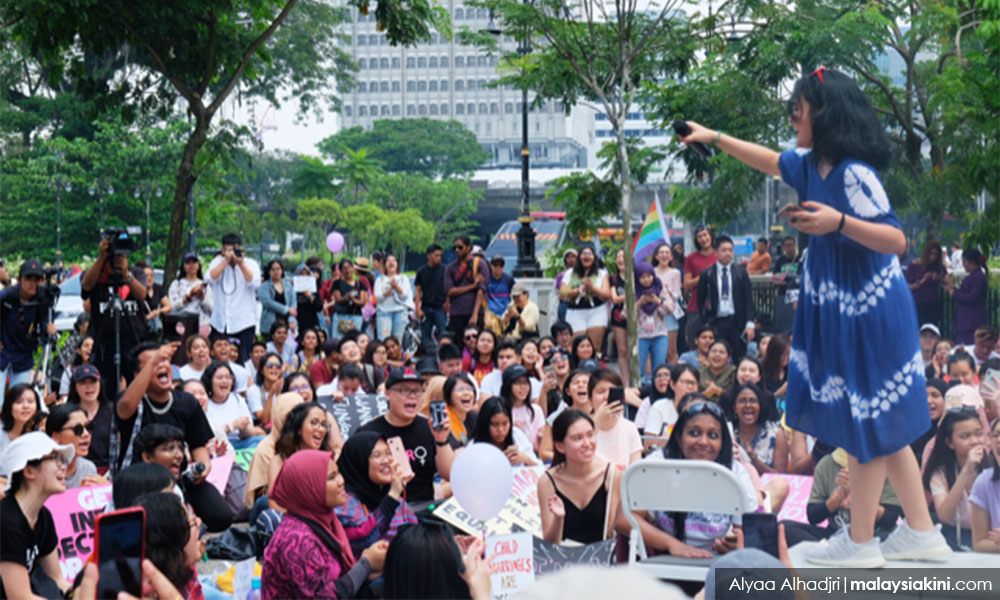

_resources1.jpg)

